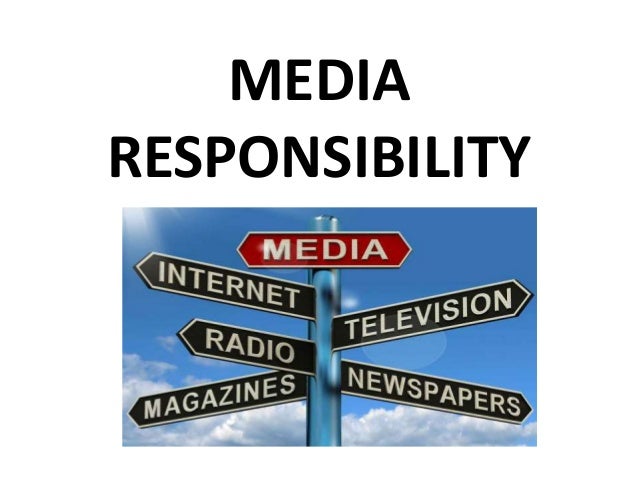The Peace Column of the Catholic Peace Weekly gives readers some background with problems in the media presentation.
The politics of the Argentine military forces after the 1980s were terrible and mean. The so-called 'dirty war' (Guerra Sucia) against the people by the military is recorded as the country's black history. At that time, the Catholic Church also suffered considerable injuries. The military gave excessive favors to Church leaders who cooperated with the regime. On the other hand, the clergy who shouted out against human rights violations and for justice, the military cleverly tried to bring them under their control.
One of the tricks they mobilized was to throw 'suspicious bugs' into public opinion. For example, if there was a priest that was giving them trouble the intelligence agency falsified or distorted the information about him. Fake news that is dubious but heard often, remains.
Since we also experienced a military dictatorship, the techniques they used are not unfamiliar. "Lies are denied at first, then doubted, but if you continue, they will believe later." Words attributed to Goebbels, a prominent propaganda proponent of the Nazi regime.
The word 'suspicious bugs' is rarely used in Korea. This word was found in the "Bergoglio's List" a book written by an Italian journalist Nello Scavo. He went behind the scenes when the future Pope Francis was 39 years old and serving as the provincial superior of the Jesuits of Argentina in 1976. The military overthrew the government in a coup and went to work against those they thought were subversives and communists.
Several Western media alleged that Pope Francis remained silent or cooperated with violence during these times. The facts presented by the media were mostly 'suspicious bugs' that intelligence agencies used to degrade Bergoglio's reputation. Nello Scavo overturned the charges with this book. The author commented: "Suspicious bugs permeating public opinion can be more effective than threats and rude interrogation procedures."
The writer mentions the recent TV reports on the unfortunate incidents at the Youth Center of the Salesian Society a few months ago; SBS "I Want to Know That" also recently reported the connection between the death of young priests in the Incheon diocese and the sexual harassment case of the first president of the Catholic University of Incheon. The scandals reveal an undeniable fact. The Salesians and the Diocese of Incheon humbly apologized for this and promised improvement and renewal.
The reactions to the scandal are different. Along with the facts, are points of distortion, exaggeration, and speculation. In particular, although it was clear that the case of the Incheon Diocese was individual, there was a lot of criticism about the crew's attempt to stitch together the death of young priests with sexual harassment. The picture that is left with the viewer does not fit the facts.
There is no intention on the part of the writer to undermine the right of TV investigative reports that shed light on society's shady places and bring to light human rights problems and justice. He hopes the broadcast crew will not take his concern as a one-sided argument by an apologist. He is not overlooking the faults of the church. Even if the crew did not intend the results the 'bug of suspicion' released through the broadcast will continue for many years.
The Church needs to be more alert when doing God's work. "The Church, embracing sinners in her bosom, is at the same time holy and always in need of being purified, and incessantly pursues the path of penance and renewal."(section 8 of the Constitution of the Church) these concerns must manifest itself in speedy practice.
When we are slow in doing what is to be done, these crises will abound. A crisis does not suddenly strike like a thunderbolt. When the scandals come repeatedly, the real crisis is when people begin to react contemptuously.

No comments:
Post a Comment